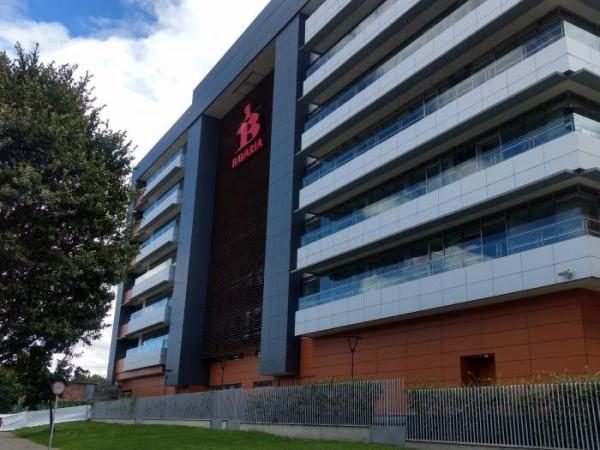Research by the Inter-Union Department of Statistics and Socioeconomic Studies (Dieese) shows that inequality between black and non-black people persists in the labor market. The survey, released today (18), also highlights gender inequality in employability relationships.
According to the survey, in the second quarter of 2022, black women experienced an unemployment rate of 13.9%. For black men, the rate was 8.7%; for non-black women, 8.9%; and for non-blacks, the rate was the lowest, d6.1%.
Inequality is repeated in the formalization of employment contracts. According to the survey, in the second quarter of this year, more than 30% of the total number of employed persons were salaried workers. However, among the total number of employed black women, 31.5% had a formal contract. Among employed black men, the proportion of formal workers was 37.1%. The percentage is 36.8% for non-black women and 39.6% for non-black men.
Among all population segments, the proportion of black men in underemployment in the second quarter of 2022 was also higher: 10% among employed black women and 6.5% among employed black men. In the same situation were 6.7% of non-black women and 4.0% of non-black men.
People who would like to work longer hours and are available to work more, if there was an opportunity, are considered underemployed.
Salary
Research shows that there is also a difference in wages. Non-blacks earn, on average, more than blacks. In the second quarter of 2022, while non-black men earned, on average, BRL 3,708 and non-black women, BRL 2,774, black workers earned, on average, BRL 1,715, and black workers, BRL 2,142.
The numbers indicate that the black woman received, in the second quarter, 46.3% of the income received by the non-black man. For black men, the proportion was 58.8%.
“The difference between the earnings of blacks and non-blacks is constant in labor market data and needs to be modified based on public policies and society’s awareness. It is not only important to raise the level of schooling of the black population, but also to raise awareness of society in relation to the existing discrimination in the labor market, which penalizes a significant portion of Brazilians”, highlights the text of the research.

















